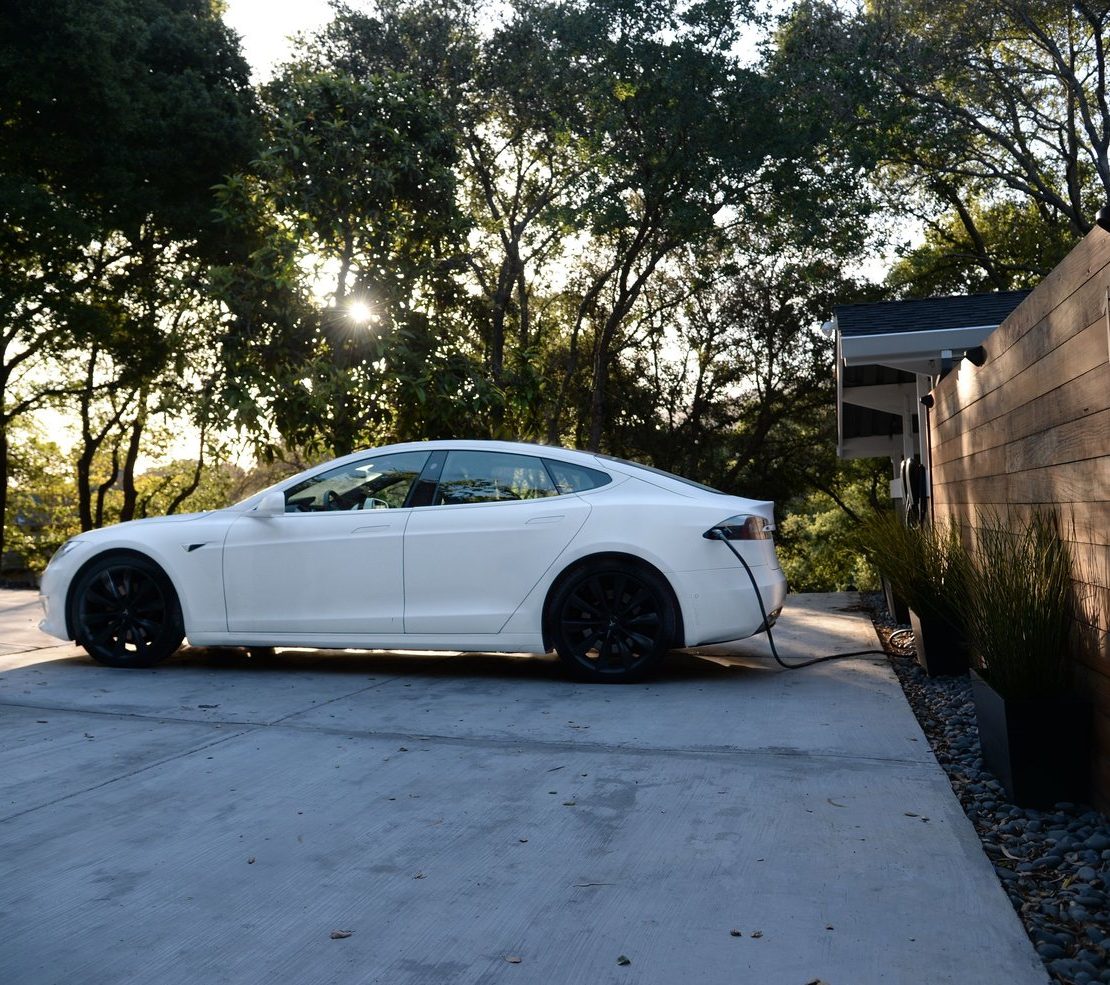chrchrElectric cars seem like a thing of the future, but they may be rolling out for public use sooner than we think. This is all thanks to the sudden drop in zero-emission vehicle prices brought about by China and other European countries’ decisive campaign to reduce carbon emissions and the plunge in lithium-ion battery prices.
Automobile manufacturers Tesla and Volkswagen are leading the race in switching from petroleum-powered cars into electric ones with plans to phase out existing models as early as 2019. Tesla’s chief executive Elon Musk unveiled the company’s latest model on Twitter, saying it is now “built and going through final checkout”.
First Production Model 3 pic.twitter.com/TCa2NSUNI3
— Elon Musk (@elonmusk) July 9, 2017
But however positive the effect of the possibility of plug-in electric vehicles going mainstream is in combating global warming, detractors are still pessimistic as it will affect many industries, including automobiles and oil. While other countries and states like Hong Kong are implementing stricter taxes on electric cars, discouraging manufacturers.
Advances in transportation and environmental advocacy, however, seem like a shot in the dark for developing countries like the Philippines.
Last year, President Rodrigo Duterte refused to sign the Paris Agreement which seeks to keep the global average temperature at 2 degrees Celsius, saying this will impede on the country’s industrialization. However, after the Cabinet voted in its favor, Duterte finally signed it earlier this year.
Apart from this reluctance in part of the government, road congestion has yet to be resolved despite proposed measures such as extended number coding and phasing out old public utility jeepneys.
But should the traffic ease and economic conditions become favorable for the introduction of electric cars in Manila, here are some of the benefits that we can expect.
Reduced Fuel Consumption
A report by the Bloomberg New Energy Finance estimates a drop as much as 75 percent by 2030 in fuel-dependency in major cities. This is in part due to electric cars dependence on electric sources, which can also mean that if its power source is renewable, it can help reduce greenhouse gas emissions.
Cheaper cost of running
Previous electronic models were once criticized because of the amount of time it takes for them to charge, some taking overnight to be fully-charged. However manufacturers are moving to improve on this by making energy-efficient batteries which reduces the charging time and the cost of running versus petrol-reliant cars.
Cleaner Air
Since electric vehicles have zero emissions, owners are helping reduce air pollution. This is not only helpful in the fight against global warming but also vital in reducing commuters’ risks of acquiring respiratory diseases.
Safer Mode of Transport
Technologies in manufacturing are also making these cars less likely to be prone to accidents, with most models having a lower center of gravity which makes them less like to roll over. And since there are no flammable fuels used to run them, there is also less risk of fires or explosions.
Header photo courtesy of Unsplash.
Writer: CHRISTIAN SAN JOSE




